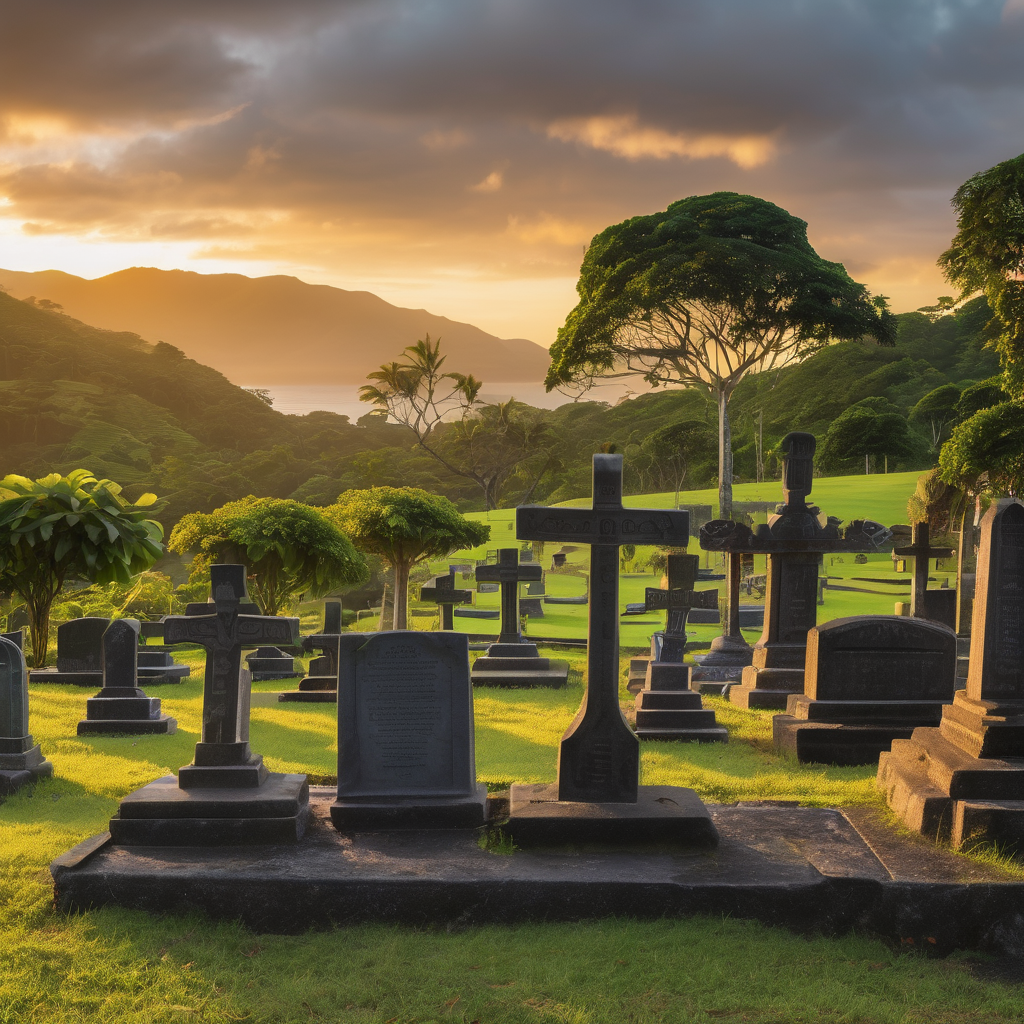The iTaukei Affairs Board has raised critical concerns regarding the significant gaps in the regulation and management of iTaukei burial grounds. During a recent meeting with the Standing Committee on Justice, Law and Human Rights, the Board emphasized that the prevailing legal framework fails to empower villages and the iTaukei Ministry, leaving them unable to enforce boundaries or adequately manage burials.
The discussion formed part of the review of the Burial and Cremation Amendment Act 2025 and the Quarantine Amendment Act 2025. Committee Chair Ratu Rakuita Saurara Vakalalabure noted that in theory, mandates for burial grounds should originate from the Tikina Council, with subsequent approval from the Provincial Council. Unfortunately, this process is often not adhered to, posing challenges to effective management.
Deputy CEO of iTaukei Affairs, Josefa Toganivalu, pointed out that discussions within the Tikina Councils largely revolve around maintenance and cleanliness of cemeteries, neglecting more substantial issues. The absence of accurate records pertaining to land allotments and cemetery boundaries further complicates oversight of burial practices, creating an environment where regulations are ineffective.
Vakalalabure urged the need for stronger legislation to safeguard communities and ensure that traditional practices are acknowledged and preserved. Committee Member Jone Usamate highlighted health concerns linked to improper burials, citing an incident in Kadavu where a soldier was interred within a home, underscoring the immediacy of proper regulation in this area.
The report also revealed that while urban cemeteries are regulated, traditional iTaukei burial practices often fall outside legal scrutiny. Toganivalu suggested implementing standard operating procedures and licenses for officials managing burial sites and brought attention to potential health risks due to unregulated practices. Furthermore, the conversation touched on complications related to burials on leased land, with older leases creating challenges upon expiration.
In a broader context, these discussions come amid ongoing calls for legislative reforms to clarify and solidify the rights and responsibilities surrounding burial practices. As noted in earlier discussions, similar calls have been made by the Fiji Corrections Service, advocating for a review of the Burial and Cremation Act 1911 to ensure effective management of burial sites and to address the lack of legal recognition.
The iTaukei community’s proactive stance on addressing these challenges reflects a hopeful outlook for future improvements in burial regulations, aiming to create a legal environment that honors traditional practices while ensuring effective governance. Strengthening the legislative framework around burial grounds not only serves the community’s cultural values but also aims to provide necessary health safeguards, promoting dignity in how the deceased are cared for.
